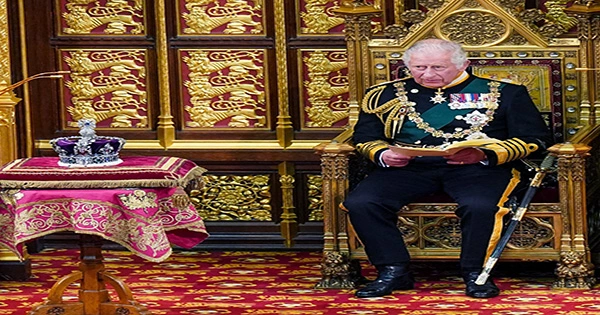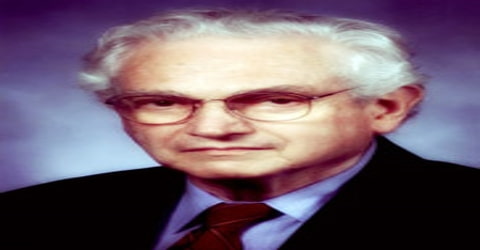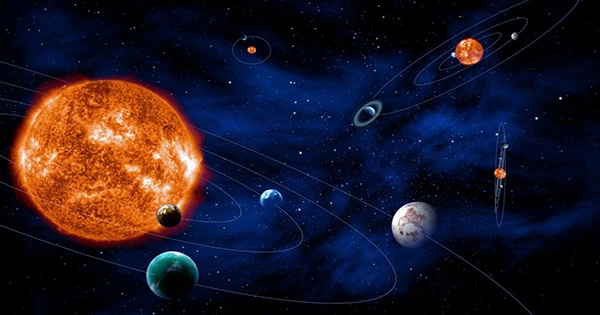The fact that the newly-installed King is an avowed environmentalist who has consistently advocated for sustainability and climate action over the past five decades should give you some peace of mind, whether you love or hate the UK monarchy.
Whether this passion will actually lead to significant policy change is up for debate. Despite their large, gleaming crowns, the UK monarchy has no formal executive political power.
However, Liz Truss, the newly appointed UK Prime Minister who has connections to the fossil fuel business and has already declared the lifting of the prohibition on fracking, could be a formidable opponent thanks to King Charles III’s fervent environmentalism.
King Charles has a more than 50-year environmental track record. He began making public statements in 1970 that agitated against pollution and environmental degradation.
“At this very moment, we are seeing the horrible consequences of pollution in all of its malignant manifestations. He made this statement at a speech to the Countryside Steering Committee for Wales in February 1970. “There is the growing threat of oil pollution at sea, which practically destroys beaches and surely destroys tens of thousands of seabirds,” he remarked.
“Chemical pollution from factories and chemical facilities is poured into rivers, clogging them with harmful materials and adding to the muck in the seas. Air pollution is caused by gases released by countless cars and airplanes, as well as smoke and pollutants released by companies.
More recently, he encouraged world leaders to “save this beautiful planet” from human-caused climate change in a speech he gave at the COP26 climate conference’s Opening Ceremony in Glasgow last year.
“The COVID-19 epidemic has demonstrated to us the extent of how deadly a transnational, global menace may be. In fact, they constitute an even bigger existential threat, forcing us to put ourselves on what might be described as a war-like footing,” he told the audience. Climate change and biodiversity loss are no different.
Additionally, he has made numerous personal efforts to live a more sustainable lifestyle, largely through using green energy to run his house and workplace. He does, however, continue to travel between Scotland and England on private planes.
During his time as Prince of Wales, he also supported several causes and programs that encouraged sustainability. While he acknowledged that “it will no longer be possible for me to spend so much of my time and efforts to the charities and issues for which I care so profoundly,” in his first public speech as king.
King Charles has previously drawn criticism for interfering in political matters, particularly with relation to the environment, even though the UK monarch has no executive authority to impose public policy.
He wrote dozens of “black spider” letters to UK government ministers between 2004 and 2009 asking them to take action on the environment and other causes. This kind of conduct will undoubtedly be controlled unless the monarchy wants another scandal on its hands.
It’s also important to keep in mind that King Charles won’t be making any decisions (at least not directly). Prime Minister Liz Truss will be given that responsibility. During her first week in office, she has announced the lifting of the fracking prohibition.
Truss, a former Shell employee who received a £100,000 campaign payment from the spouse of a former BP executive, is also planning to reveal a number of new North Sea oil and gas development licenses.
Jacob Rees-Mogg, the business and energy minister and a prominent member of the new UK cabinet, has previously advocated for extracting “every last drop” of North Sea oil and attributed high energy costs to “climate alarmism.”
King Charles may be one of the last influential figures in the UK with a sincere wish to stop the escalating climate problem, but it is unclear how he could use his soft power against this most recent group of hard-line MPs.
















